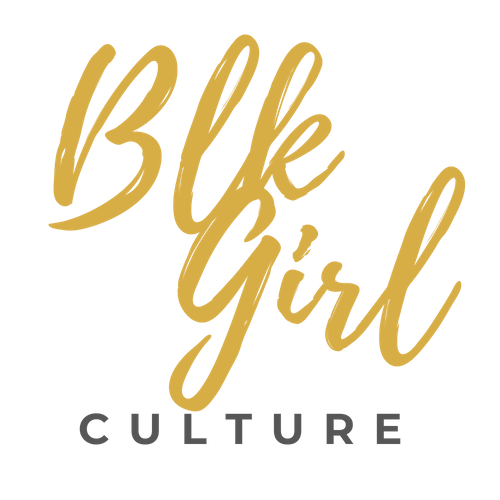Reminder: Blackface is Never Okay
With Halloween just around the corner, it’s about the time for the annual reminder that blackface is not (and never has been) okay.
Ah yes, it’s that time of year. Carved pumpkins, apple cider, skeletons, scary clowns (not too sure about that one), and unfortunately—blackface. Each year, Halloween seems to be the perfect excuse for non-black people to darken their skin for the sake of “costume.” Because obviously, you can’t just be Michael Jackson with the hat, shoes, and sparkly gloves; you have to be Michael Jackson with the hat, shoes, sparkly gloves, and dark skin. Alright—jokes aside—let’s unpack this, shall we?
What is blackface?
The practice of blackface was popularized after the Civil War to specifically target newly emancipated slaves throughout the United States. Entertainers would often “darken their skin with shoe polish, greasepaint, or burnt cork and paint on enlarged lips and other exaggerated features” with the intention of portraying Black Americans—thus leading to the spread of stereotypes and disparaging imagery. This practice often took place in minstrel shows: comedic performances attempting to capture the mannerisms of Black people.
“By distorting the features and culture of African Americans—including their looks, language, dance, deportment, and character—white Americans were able to codify whiteness across class and geopolitical lines as its antithesis.”
—National Museum of African American History & Culture
“Billy Van, the monologue comedian, 1900.” via the National Museum of African American History & Culture
How does blackface apply to us today?
Though blackface carries a tremendous, racially motivated weight in American history, it comes to light annually alongside the excuse of a “genuine” Halloween costume. Hafsa Quraishi describes this in an article for NPR:
“[While] blackface has become decidedly less accepted over time, it has persisted — in private spaces and in pop culture. Within the past few decades, celebrities have performed in blackface with few consequences.”
Julianne Hough dressed as Crazy Eyes from Orange is the New Black, via E! News.
Celebrities and notable figures alike have used blackface most recently to “enhance” their Halloween looks, but they lack understanding and remain ignorant of the gravity of their actions rooted in racism. Some people might ask: “Where’s the line when it comes to what I can and can’t do in my costume?” The answer, though people enjoy overcomplicating it, is simple. Don’t. Do. Blackface.
Dressing up as a famous Black person doesn’t need to involve darkening your skin in order to look like them. Michael Jackson and Crazy Eyes have many other characteristics about them that are viable for a costume—otherwise, people wouldn’t even considering dressing as them for Halloween in the first place.
The culprit in all of this may be the fact that many people simply don’t know the consequences of their actions. Blackface is not commonly learned about—much less discussed. But this doesn’t change the outcome. Just because it’s a holiday does not provide a legitimate reason to continue the incredibly offensive (an understatement, truly) practice of blackface—it never has. The concept that it should be acceptable—that it is okay to dress up as a Black person—is utterly disgraceful. And disregarding this history is only contributing to the racist practice. It is yet another commentary on how Black people are seen in the eyes of an oppressive society based on white supremacy. Black people are not here for your entertainment. We are human.





